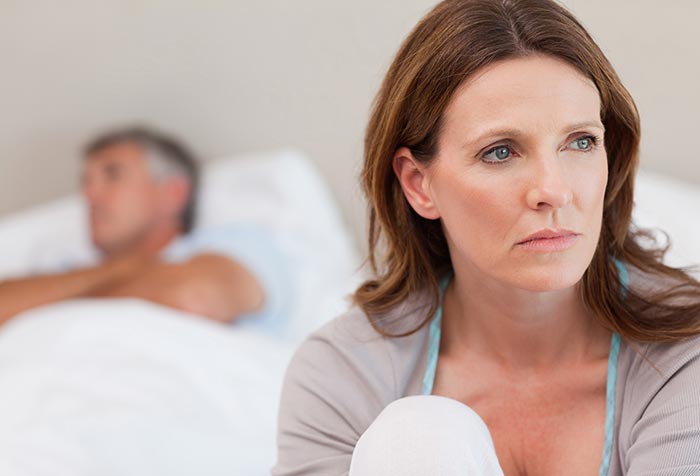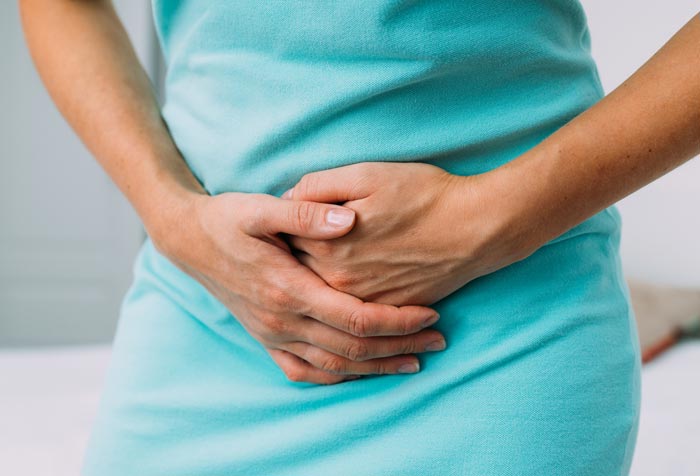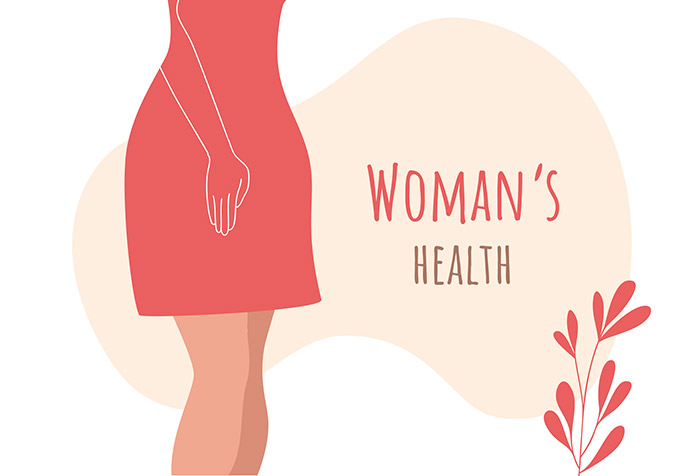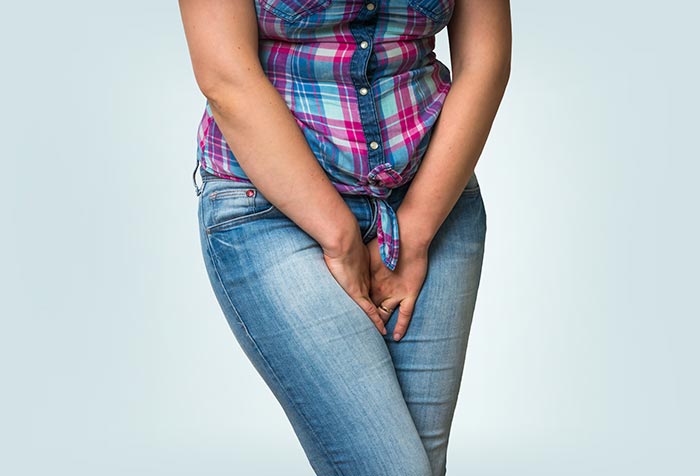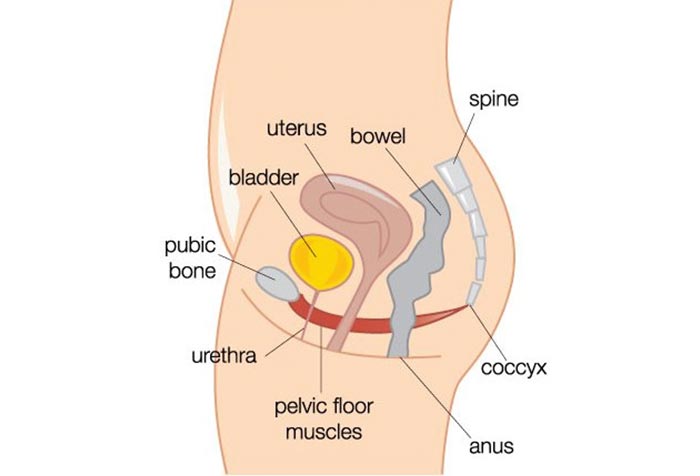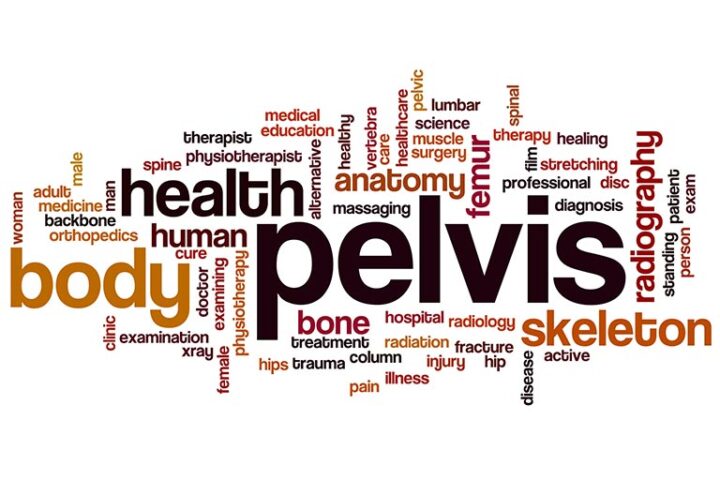Painful Sex Treatment Advice
MENOPAUSE – IF SEX TURNS FROM PLEASURE TO PAIN Did you know that pain with sex – dyspareunia, is one of the most frequently reported symptoms of menopause? If sex is painful, women commonly have a reduced desire for sexual intimacy or reduced arousal too. Many women accept this as part of aging and just…

